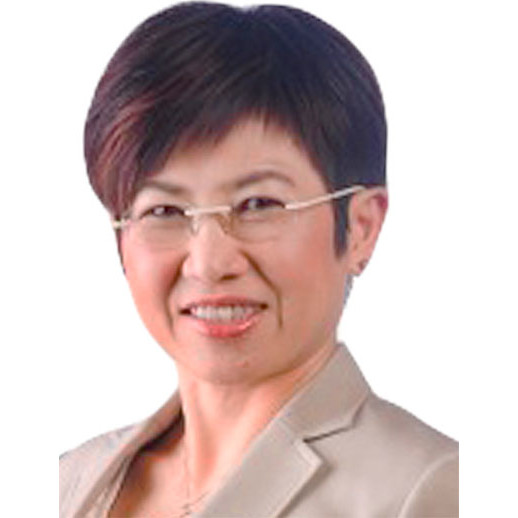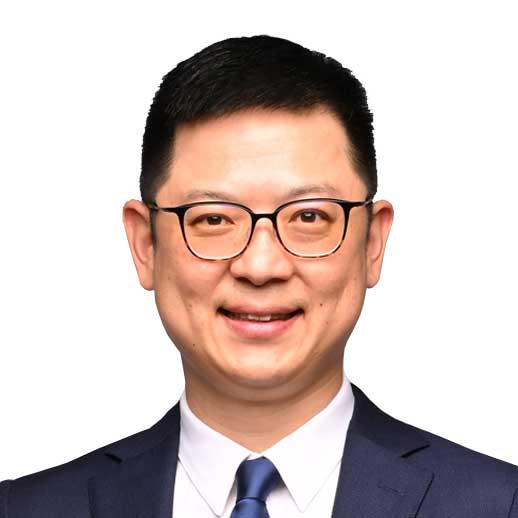Traditional cardiac pacemakers consisting of electrical generators and leads running into the heart have evolved over the past 60 years to provide dependable, cost-effective treatment for bradycardia and heart failure. However, there remains the risk of long term complications, namely system infections, lead failure and the need for regular battery replacement. Current leadless pacemakers allow for similarly effective pacing whilst eliminating the risk of infection, lead failure and for the first time, can provide dual chamber pacing and have longer lasting battery life compared to traditional pacemakers.
In this session, we will discuss the evolution, advances and current use of leadless pacemakers in clinical practice.
Chairman

Dr. Ruth Kam
Cardiologist
Dr. Ruth Kam began her medical career at the National Heart Centre where she last served as Senior Consultant in 2004. She obtained her basic medical degree from the National University of Singapore (1986) and was a President’s Scholar (1981 to 1985). She did her training in Internal Medicine and obtained her MRCP (UK) in 1990 and Master of Internal Medicine (Singapore) in 1991. She then obtained her specialist training in Cardiology at the Singapore General Hospital (1991-1994), and proceeded on to a scholarship to Massachusetts General Hospital (USA) where she was further trained in Cardiac Electrophysiology and Catheter Ablation (1994-1995) and in Cardiac Pacemaker and Defibrillator Implantation (1995-1996). She was also a research fellow in Medicine at Harvard University (1994-1995). In 1997, she passed the special competency examination in cardiac pacing and defibrillation set by the North American Society of Pacing and Electrophysiology (NASPE). In 1998, she obtained her Fellowship in the Academy of Medicine, Singapore. In 2000, she obtained her FRCP from the Royal College of Physicians in Edinburgh.
Speaker

Dr. Pipin Kojodjojo
Cardiologist
Dr. Pipin Kojodjojo graduated from St. Bartholomew’s and Royal London Hospital Medical School, University of London in 1998 and has been a member of the Royal College of Physicians since 2001. He underwent training in cardiology and cardiac electrophysiology at St. Mary’s Hospital, Imperial College London, UK and Brigham and Women’s Hospital, a teaching affiliate of Harvard Medical School in Boston, USA. Dr. Pipin is a cardiac electrophysiologist specializing in atrial fibrillation and heart rhythm disorders in adolescents and adults. Experienced in implantation of cardiac devices such as pacemakers and ICDs, catheter ablation of simple and complex arrhythmias, left atrial appendage occlusion for stroke prevention and pulmonary thrombectomy for acute pulmonary embolism.
Speaker

Dr. Jeremy Chow
Cardiologist
Dr. Jeremy Chow graduated with Bachelor of Medicine and Bachelor of Surgery from the National University of Singapore in 2001 and obtained the Master of Medicine in Internal Medicine from the National University of Singapore in 2006. Dr. Chow was certified as a Specialist in Cardiology since 2010 and completed his cardiac electrophysiology sub-specialisation in Germany in 2012. Dr. Chow is an experienced cardiologist and elecrophysiologist and has special interest in the management of coronary artery diseases and arrhythmias including supraventricular tachycardias,atrial fibrillation and outflow tract ventricular tachycardias. He is also a very experienced implanter for cardiac implantable electronic devices in the management of symptomatic bradycardias, sudden cardiac death prevention and heart failure with cardiac resynchronization therapy.